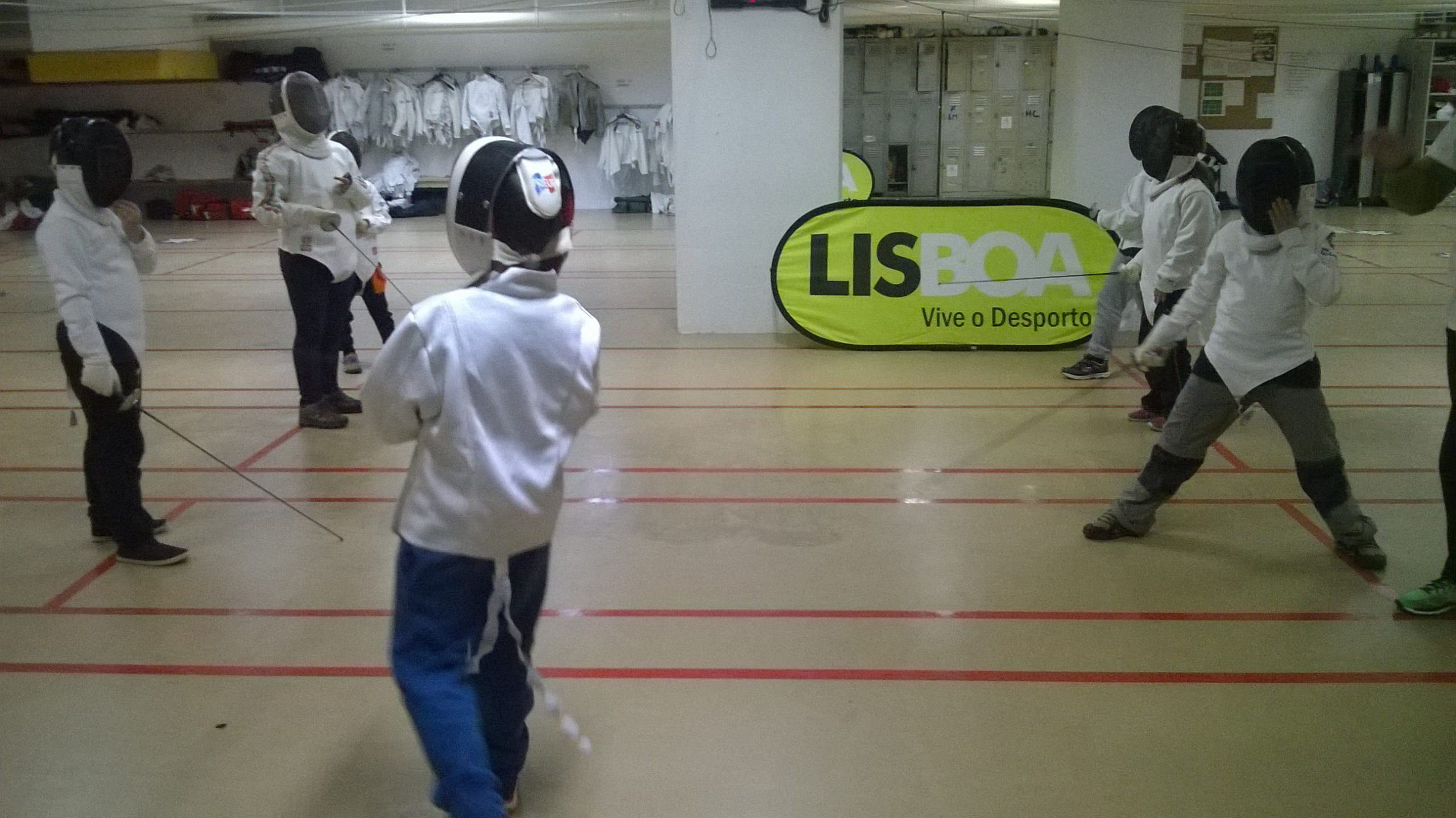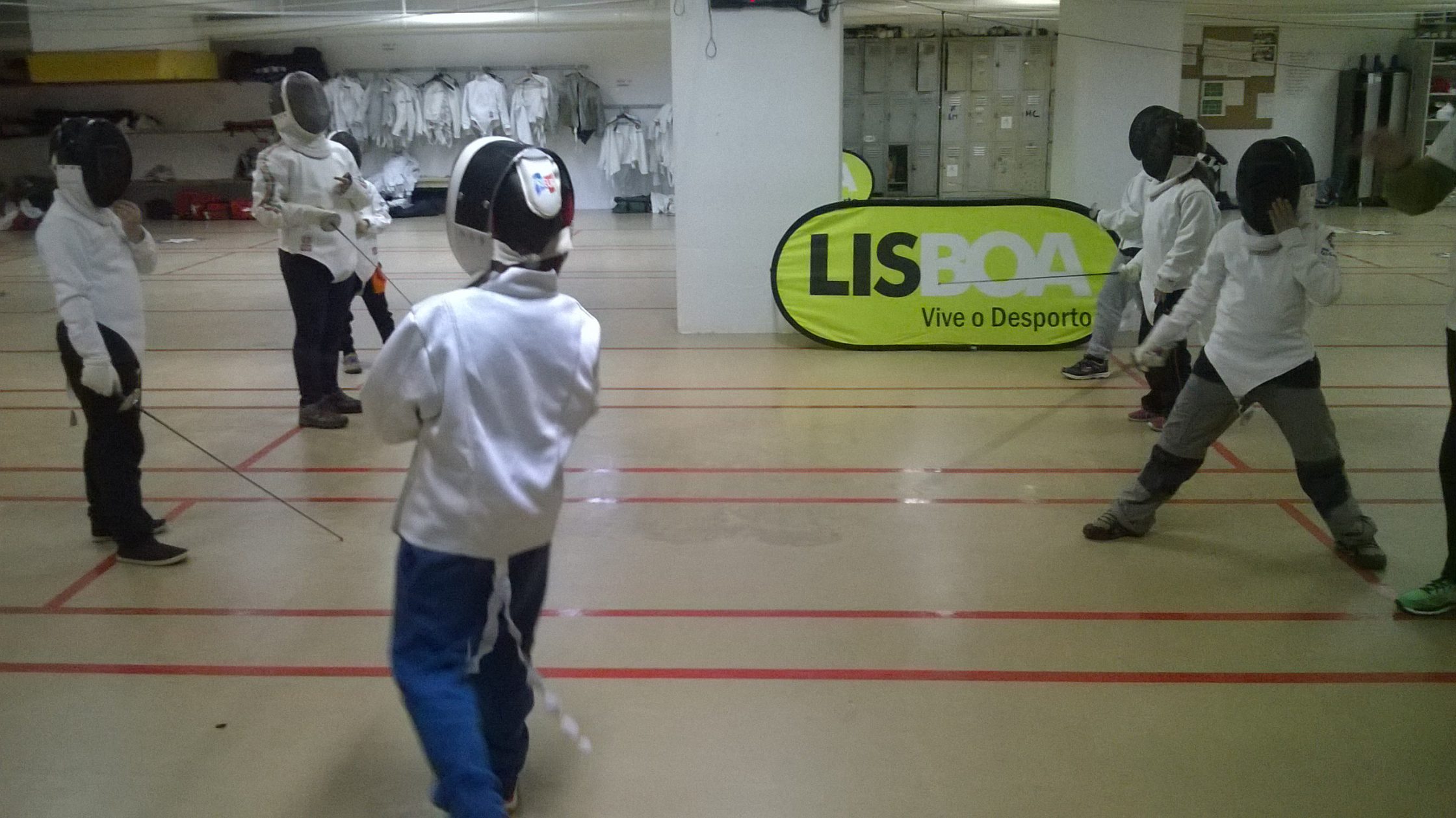
Efus has met with Miguel Pacheco, executive at the Division of Sports Projects of the Department of Physical Activities and Sports of the Lisbon City Council, to discuss the involvement of the Portuguese capital in the MATCH-SPORT project against racism and intolerance in amateur sport.
>>Do you observe issues of violence, racism, discrimination and intolerance in amateur sport in the city of Lisbon?
We are aware that there are sometimes incidents in amateur sport, but they are not registered as such at municipal council level and do not require our intervention. This said, the Department of Physical Activity and Sport of the Lisbon City Council has been working on these issues for several years, notably through our partnership with the National Plan for Ethics in Sport. In the past three years, we have developed several initiatives in this framework.
One of our main lines of action is to work on improving the skills of professionals who work as trainers and educators in amateur sport – we provide financial support for this – and on the other hand to restrict the activities of clubs whose personnel is not sufficiently professional, namely in academic and professional qualifications and regarding racism and discrimination.
>>What actions have you implemented, developed or strengthened at local level to counter and prevent violence and discrimination in amateur sport?
As part of our partnership with the National Plan of Ethics in Sport, we have initiated three actions.
The first one is that for each amateur sport event organised by the local authority, a short introduction is made publicly in the stadium by three people: a parent, an athlete and a referee. They each say a few words about the importance of fair play. The objective is to ensure that everybody behaves accordingly, notably parents who watch the game in the stands.
The second one consists in having a white card during matches. Emulating the system of yellow and red cards shown to footballers who misbehave, the white card is, on the contrary, shown to those who are particularly fair play towards an opponent. A special training was given to judges and referees on this initiative.
The third action consists in displaying large banners in the entrance of sport facilities and on the inside of the benches that display positive messages on how children and their parents should behave during a sports event.
>>Why are you taking part in the MATCH-SPORT European project? What will it bring to the Lisbon City Council?
The literature about the issues addressed through the project shows that cities in different countries are faced with similar challenges. Looking for solutions together with other cities brings an added value, as opposed to working on our own. In particular, the exchange of practices is enriching and will enable the MATCH-SPORT partners to design more effective strategies to counter violence, racism, discrimination and intolerance in amateur sport.
>>What is the added value of exchanging with other local authorities and associations at European level?
We believe that the whole is greater than the sum of all parts, and this is certainly true for the MATCH-SPORT project. We could already see this at the kick-off meeting in February, where there were really interesting contributions from all the partners, including, for Portugal, our partners at the Higher Institute of Police Sciences and Internal Security (ISCPSI). Indeed, the project has already had an impact here, in particular with our initiative “Sport Moves With Me”, which is the project through which we take part in MATCH-SPORT. Its main objective is to enable vulnerable children and young people from deprived neighbourhoods to participate in sport activities in their neighbourhoods or outside.
I have no doubt MATCH-SPORT will go a long way in reducing violence, racism, discrimination and intolerance in amateur sport because it will give local authorities effective tools to combat this scourge.




